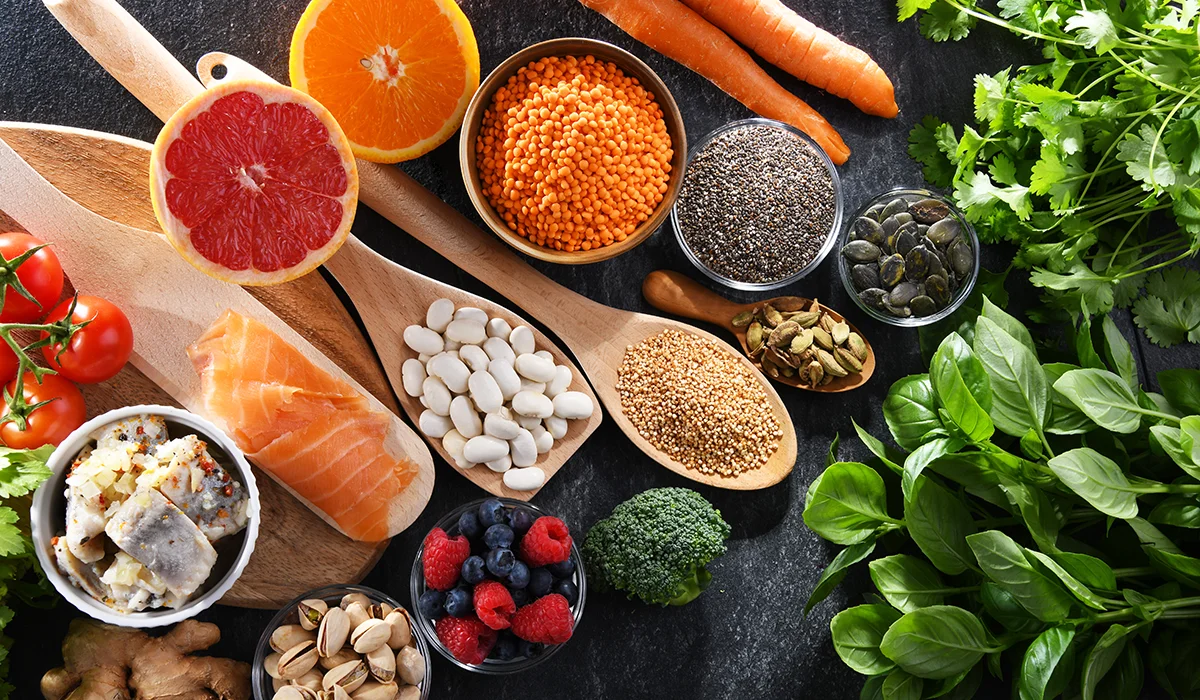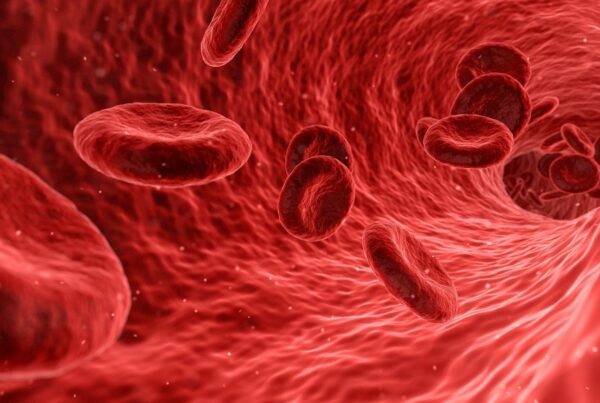Cholesterol plays a central role in the conventional model of heart health. Medications to lower cholesterol – called ‘statins’ – are the most widely prescribed medications in the industrialized world. These medications will, very consistently, lower cholesterol. But what exactly is the link between high cholesterol and heart health?
The pharmaceutical industry generates close to $30 billion annually through the sale of cholesterol-lowering statin medications alone. Could that industry have a vested interest in promoting the idea that lowering cholesterol is synonymous with protecting your heart?
A Quick Tutorial on Cholesterol
Total cholesterol is made up of three general kinds of cholesterol: LDL, which is universally referred to as the “bad cholesterol”; HDL, referred to as the “good cholesterol”; and everything else (IDL, VLDL, etc). Virtually the entire statin market is built upon the idea that LDL elevated above the reference range must be lowered to protect against plaque formation and heart attacks.
LDL (low-density lipoprotein) is a “shuttle” of fat and cholesterol with a protein core, built in your liver then sent into circulation to deliver that fat and cholesterol to all cells. We have to have LDL to ship those fats to cells, else the cells literally starve from the lack. But what happens when our diets are full of unhealthy oils (oxidized by frying, or inflammatory because derived from seeds or vegetables)? It means those shuttles get loaded with rancid oils and deliver that to cells.
And thus, LDL becomes “bad cholesterol.” And what kinds of oils make up a very large part of oil intake in the Standard American Diet (SAD)? Yep, oxidized and inflammatory oils. No wonder LDL correlates with cardiovascular disease.
Once those fats and cholesterol are delivered to the cells by LDL, what’s left is the protein core with just a little residual fat left on it. It has lost most of that light and fluffy oil, so now it is called a high-density lipoprotein (HDL). As this HDL heads back to the liver to get loaded with fat again it picks up some free cholesterol out of the blood and brings it back to the liver with it. This scavenging of cholesterol is what gives HDL the title of “good cholesterol.”

When I was in naturopathic medical school 25 years ago, the reference range for LDL cholesterol was <130mg/dL. So long as the test result was below 130, it was not flagged and certainly no medication was recommended.
Then in the early 2000s, studies came out showing that statins could lower LDL, and other studies showed that high LDL correlated with cardiovascular disease. So the reference range got lowered to <120, then before much longer to <100, which is where it generally sits today.
If you eat a diet high in healthy fats, it is very likely you will have elevated LDL cholesterol. After all, you will need more shuttles to carry those fats out to your cells. And I always test inflammation markers in addition to the standard cholesterol panel. Even if you are eating healthy fats, if you have excess inflammation in your system those fats could get oxidized by inflammation while in transit from your liver to your cells.
Though it is not even taught in medical school, it is good to be aware that LDL cholesterol plays an important role in embryogenesis, immune function and fighting infections, cognition, hormone regulation, and more. The idea that LDL cholesterol is simply “bad” is simply wrong. That kind of thinking is great for selling medication, but it is not great for actually understanding an individual’s risk for cardiovascular disease.
And one final important point to make. The cholesterol found in your blood is not because of dietary intake of cholesterol. It is there because your liver made it. Specifically, around 20-25% of blood cholesterol is from dietary intake, the other 75-80% is from your liver. What, then, is among the strongest signals to the liver to produce cholesterol?
Insulin.
The common medical advice for lowering cholesterol is to reduce dietary fat. In fact, reducing dietary carbohydrates will do far more to lower cholesterol. When you eat carbs it causes insulin to rise, which signals your liver to produce more cholesterol, including LDL cholesterol. Dietary fat, on the other hand, causes no rise in insulin at all.
I have only scratched the surface here regarding the complexities of cholesterol and its role in health and disease. If you’d like to get a meaningful assessment of your cardiovascular health as it can be revealed through labs, set up an appointment and we can talk through the labs that will be most relevant for you.
And most importantly, take every mainstream health recommendation with a very, very heavy dose of skepticism.




